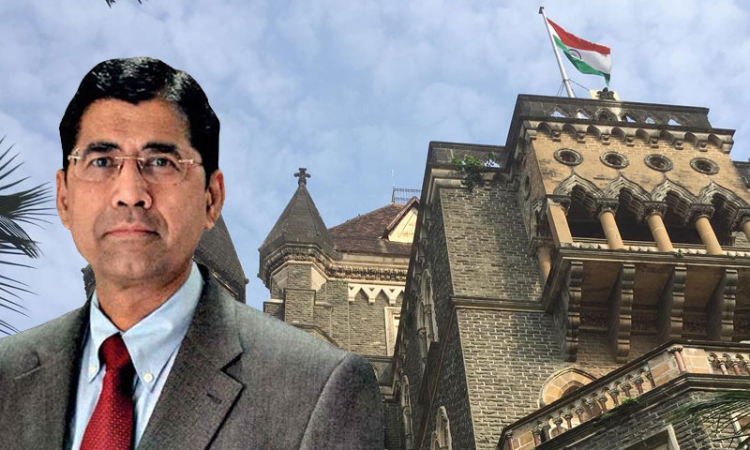'NBSA Functioning Effectively; Self Regulation Of Media Should Not Be Disturbed': Datar Tells Bombay HC
Sanya Talwar
19 Oct 2020 9:35 PM IST

Next Story
19 Oct 2020 9:35 PM IST
The Bombay High Court on Monday continued to hear the PIL's filed against Media trials on account of media coverage into the issue of the death of Actor Sushant Singh Rajput.A division of bench of Chief Justice Dipankar Datta & Justice GS Kulkarni hear Senior Advocate Arvind Datar for the News Broadcasters Standards Association who submitted that the current regime of self-regulation...
